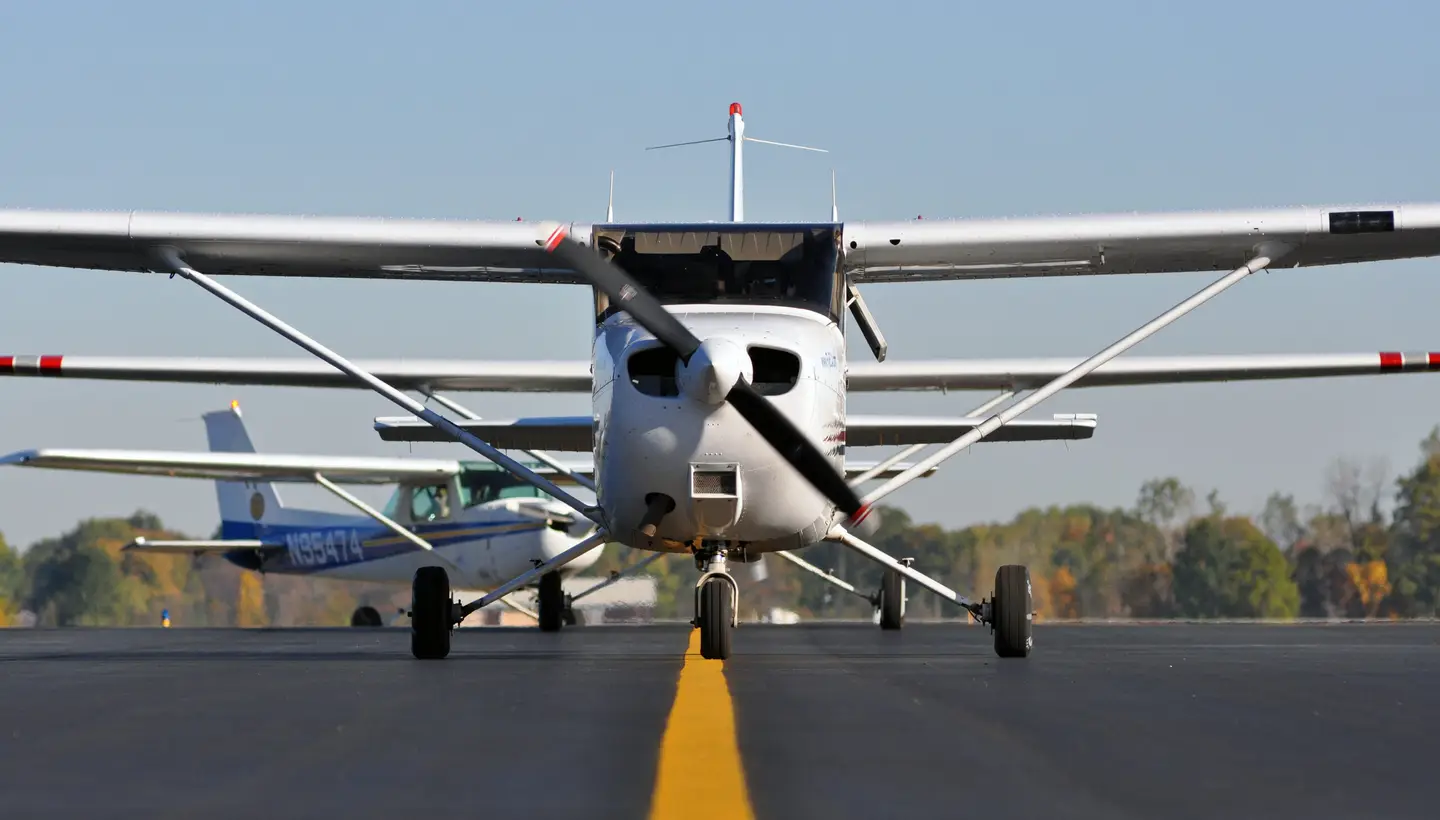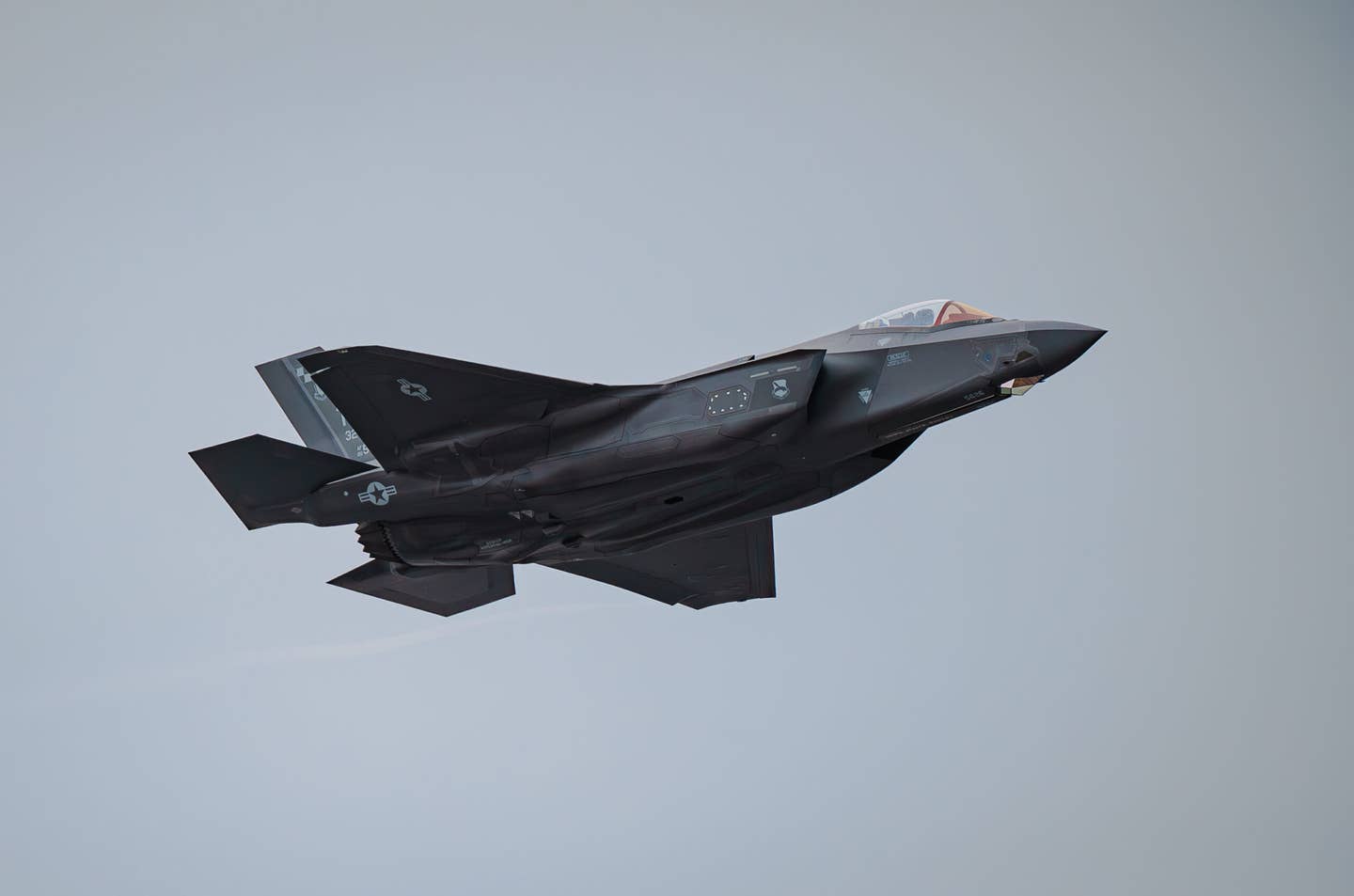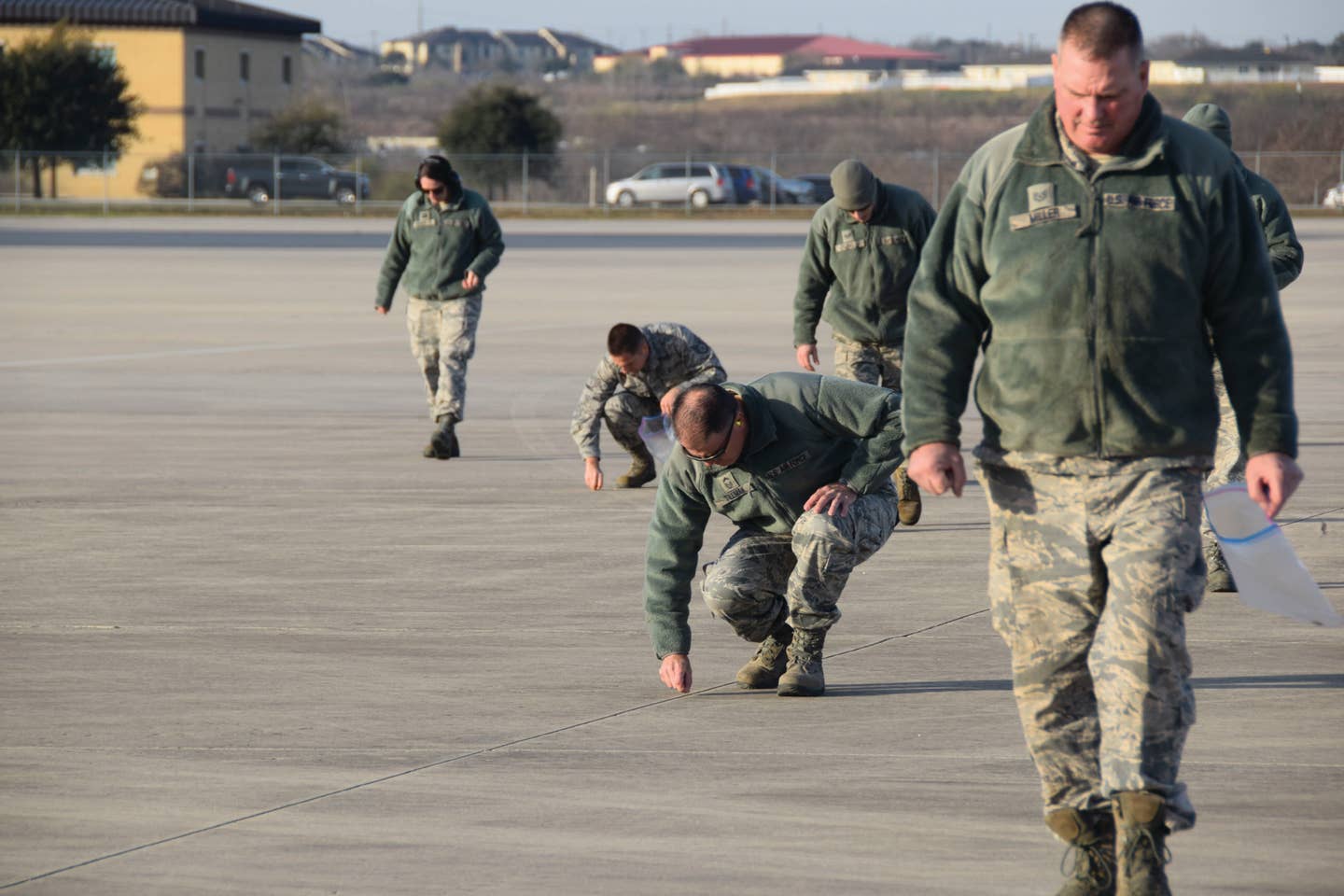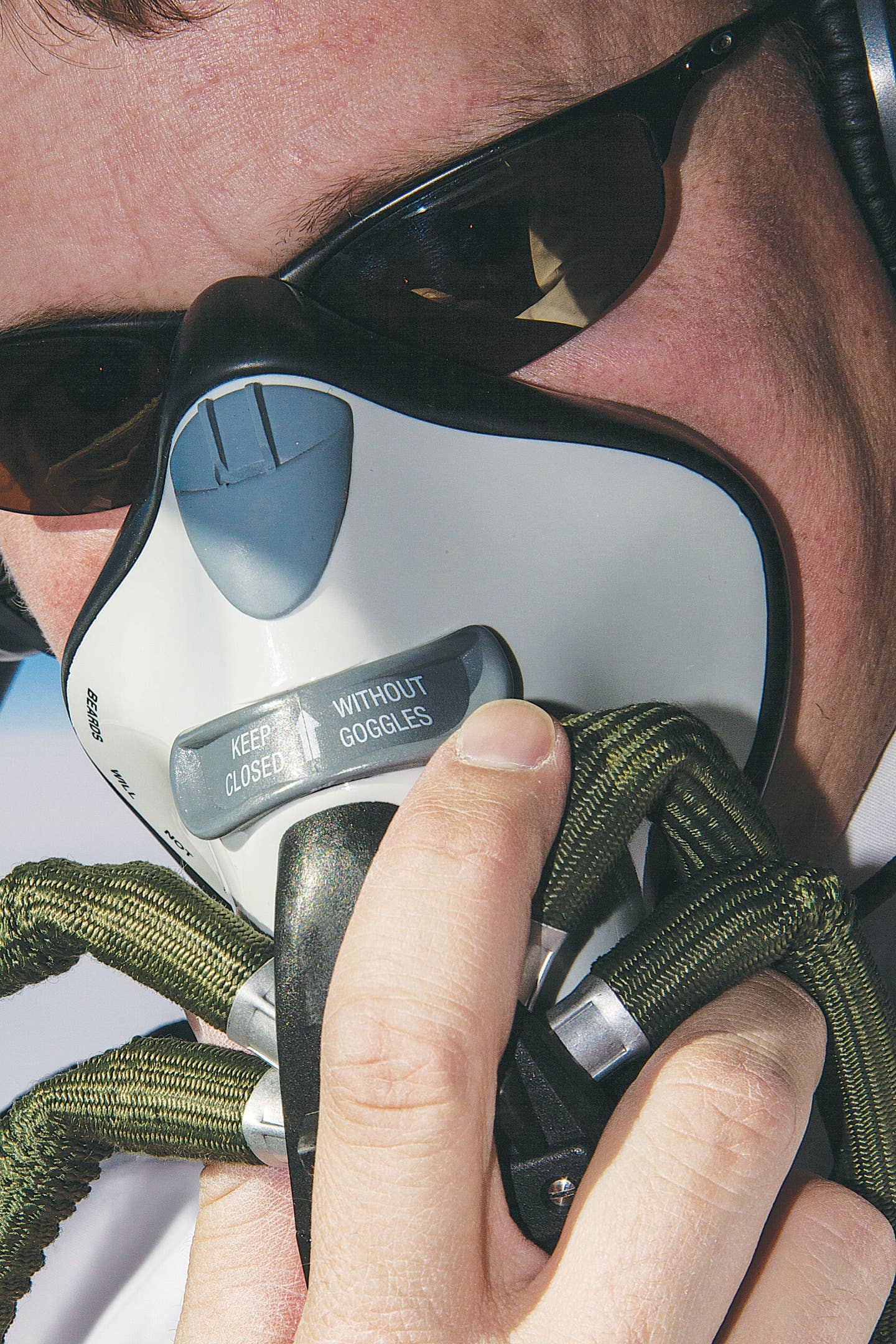
When I started learning to fly it was because I was riding with a low-time pilot and was not comfortable with his skills. I wanted to be able to land if he fainted. After just a few lessons I was hooked. I continued my training through my private certificate and then my instrment rating. My next goal was to get my commercial certificate, and I put a deadline on getting it. I was going to finish before the year was out! I never considered that setting a goal to motivate myself could get me into serious trouble.
It was a cold and windy fall and my flying schedule was a mess. Many lessons were cancelled, and my hours in the air were down in general. Keeping my end of the year goal in mind, I completed enough of my training by early December so that I was signed off for my commercial check ride. I was still shaky about my complex airplane work and wanted a little more practice in the Arrow, but I felt I could squeeze that in before I took the check ride.
Foolishly, I hadn't considered how busy December was because of the holidays. Every Christmas season we give a big holiday party for our flying friends. Trying to schedule more practice in the Arrow was not quite as easy as I'd expected.
By mid-December I was determined to stick to my goal of completing the commercial check ride before year-end. Full of confidence, I made the appointment for the check ride for the last week of the month, a week full of holidays, shopping and parties. My first mistake.
My one concern was how little time I had managed to get in the high-performance Arrow. Most of my practice had been done in my own Cherokee 140. I didn't want to cancel the check ride but I felt I required at least one more practice flight in the Arrow. So with good weather in the forecast I scheduled the airplane for two hours the morning after the big Christmas party. My second mistake, although I told myself it would not be a problem because I could enjoy the party without drinking alcohol. What I had neglected to factor in was the exhaustion that follows a late evening of conversation, laughter and catching up with people I didn't see on a regular basis. In spite of my exhaustion I got myself up early and to the airport as scheduled.
At first all went well. I made a trip out to the practice area to do the stalls and the commercial maneuvers and then headed back to the airport for practice landings. The Arrow landing gear uses a default extension system; the gear falls into place under certain conditions, i.e. low rpm and airspeed. It also has an override button so you can keep the gear up for slow flight or power off landings.
I was doing a power off landing to a short 2,000-foot runway with high tension lines at the end. I came in high at low speed with the override on, trading off the altitude for airspeed as I came down final. There was an airplane holding short of the runway, which caught my attention when it appeared to move. I lost my focus, which was my third mistake. As the airplane flared and settled I realized I was too close to the ground just as the belly scraped and the propeller bonked twice on the runway.
No wheels means no brakes, and as I skidded sideways on the runway and frantically shut everything down, I became afraid of catching fire between the sparks and the fuel in the wings. I fumbled with my seatbelt, getting it unbuckled as I was sliding down to the awful sounds of metal scraping concrete. The runway end was rapidly approaching, as the airplane was slowing, and somehow it managed to slide to a stop just short of the drop off onto the road. I jumped out and wanted to run away into the nearby stand of trees and never come out. But people were running up to the airplane, asking if I was all right. I assured them I was as they jacked up the airplane and dropped the gear to tow it back to the shop. I don't remember how long this took; I just stood there in shock.
I remember very little about the conversations at the airport, or how I got home that day, but I do vividly recall a few good friends calling to let me know it was all right to make a mistake. It took me a long time to agree with them, but I appreciated the support.
My instructor encouraged me to take my commercial check ride as scheduled. The Flight Examiner put extra emphasis on the landing gear system in the Arrow, which satisfied the FAA about my "incident," and I passed. But the most important lesson I learned was that I needed to assess my own limitations, not just the aircraft's capability or the weather situation before each flight.
I realize there was a series of events that led to this gear-up landing, as there is with most accidents. I needed to be at peak performance to fly, especially an unfamiliar airplane, which I was not because of the busy holiday season and the party the night before. I allowed myself to be distracted at a crucial time and didn't do a landing checklist review, even though it was printed on the panel right in front of me. Now I make it a point never to fly just because I am scheduled and the weather is good. I make sure I am as ready to fly as my aircraft.
Even now 30 years later I cringe as I remember standing besides the airplane and looking down into the cockpit. It took me years to forgive myself, but I finally did.
To see more of Barry Ross' aviation art, go to barryrossart.com.

Sign-up for newsletters & special offers!
Get the latest FLYING stories & special offers delivered directly to your inbox






